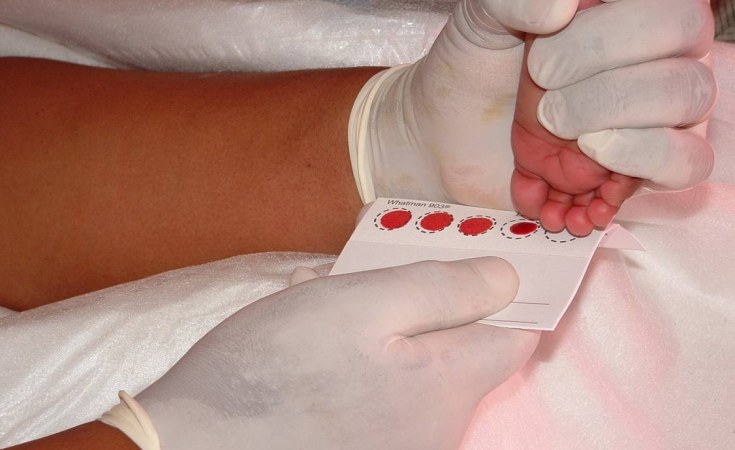THE United Nations Educational Scientific and Cultural Organisation (UNESCO) estimated that about 4900 girls and women between 15 and 24 years in Sub Saharan Africa acquire HIV every week.
Speaking during an international AIDS conference (AIDS 2022), Monday, regional advisor and manager of the programme Our Rights, Our Lives, Our Future for UNESCO Patricia Machawira said this was as a result of lack of knowledge on how the HIV is transmitted and lack of services needed for safe sex.
"Every week, 4900 girls and women aged 15-24 in Sub-Saharan Africa acquire HIV. Each one of these infections could be prevented if young people had accurate information about how HIV is transmitted, alongside the services they need to make safe and empowered choices," Machawira said.
Caroline Ngonze from UNAIDS 'Education Plus initiative' also added that girls and women's chances of contracting HIV are higher than of their counterparts.
"In sub-Saharan Africa, adolescent girls and young women are three times as likely to acquire HIV as adolescent boys and young men.
"Child marriage, as well as gender-based violence, also remain unacceptably high. 40% of girls and 30% of boys in Eastern and Southern Africa agree that a husband is justified in hitting or beating his wife," she said.
Nyasha, a young advocate called for governments to endorse the Eastern and Southern Africa (ESA) commitment, a strategic platform that brings together ministries of education, health, gender and youth to strengthen sexual and reproductive health and HIV prevention efforts.
"We can no longer wait, waiting means governments accept that young girls continue to acquire HIV".
According to UNAIDS, an estimated 650 000 people worldwide died from HIV related illnesses in 2021.


